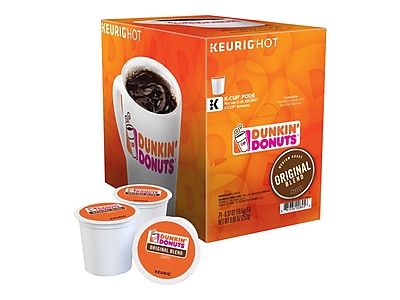Nespresso Vertuo Coffee & Espresso Machine by Breville with Aeroccino Milk Frother, Chrome
Nespresso Vertuo Coffee & Espresso Machine by Breville with Aeroccino Milk Frother features Centrifusion technology to gently and fully extract all aromas.
Nespresso, introduces the Vertuo for the ultimate brewing experience. Offering freshly brewed Coffee with crema as well as delicious, authentic Espresso, the Vertuo machine conveniently makes five cup sizes: Alto Coffee (400 mL), Coffee (240 mL), Gran Lungo (150 mL), Double Espresso (80 mL) and Espresso (40 mL), all at the touch of a button. Nespresso brings together the know-how of all its coffee experts, who have carefully chosen the origin and roasting of each coffee blend and created a new brewing system using Centrifusion™ technology, a patented extraction technology developed by Nespresso. Just insert a capsule and close the lever — when activated, the capsule spins up to 7,000 rotations per minute, blending ground coffee with water and producing the perfect crema to enjoy quality coffee in larger cup sizes. The machine delivers the optimal in-cup results for each blend using capsule-specific brewing with barcode reading.






by André
J’avais déjà la Nespresso a cartouches originales. Celle ci me permet des cafés telle l’originale mais en plus de faire de plus grands cafés sans dilution. Et la technologie est de loin supérieure. A ce prix, avec le mousseux a lait inclus, je la recommande vivement 🙂
by Marty
This is by far the best coffee I’ve ever tasted. Everything is so easy, I just wish I would have spent the money sooner!
by Mandy
I absolutely love this! The coffee maker is very quick and quieter than others. There are no leaks from the water tank and it is easy to fill and replace. I like that it is electric versus having to manually open and close it.
by Chris
This is the best coffee maker. It makes the perfect cup of coffee each time. There are plenty of flavors to choose from.
by Laura
Loved the frothed milk addition – it was so quick and easy to make coffee and then be able to poor the milk in. Con is that with the stand you can only make a small cup at a time. It’s expensive but worth it.